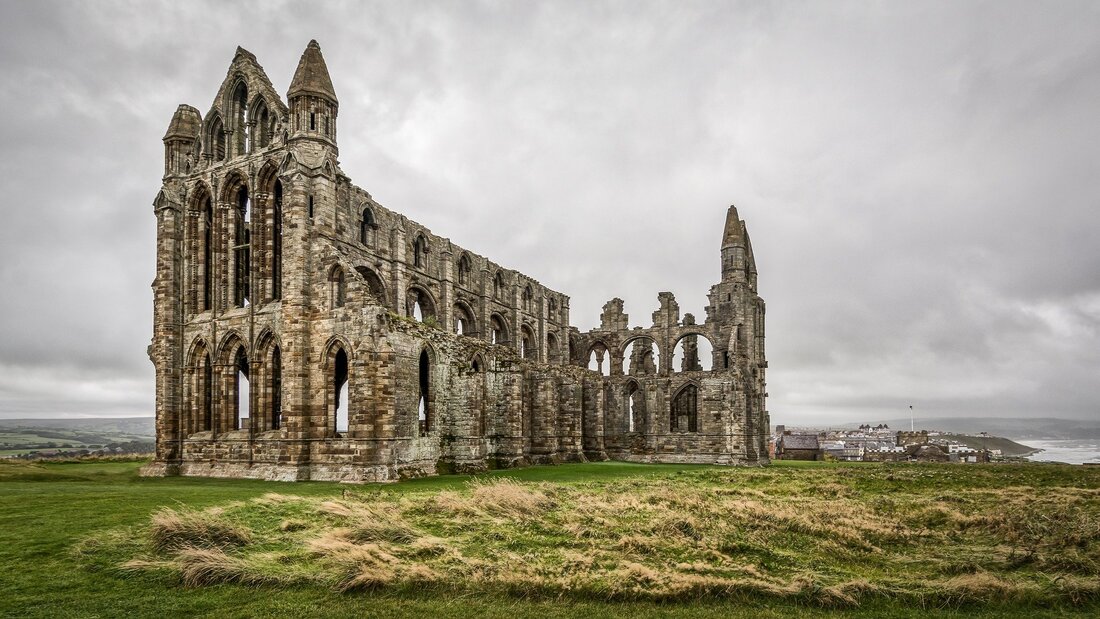|
History seems to be one of those subjects that many students dread learning and have no interest in. It's a shame really since we live with pieces of history all around us and understanding this is an important part of understanding the world as it is today. A large part of the problem is with how history is taught. Of course history seems boring the way the textbooks and many teachers present it. But, there are other ways to teach history to engage students' interests and there are other ways to learn history if you're an independent learner. Here are a few suggestions. 1. Learn history backward. Most history textbooks start at the beginning which makes intuitive sense. But, why not begin with today and work backward. I don't know of any history teachers who do this but I think it would be an intriguing way to run a history course. Pick any event happening now and look for its causes. Then look for the causes of those causes and so on. Pretty soon you are hundreds of years in the past and knee-deep in history. You can't help it because if you really want to understand why something is happening now the answer will be in the past. 2a. Start with where you live. Everything around you has a history. Just look around your home. Do you have a fireplace? If so, it has a history. Electric lighting? An open floor plan? Even your furniture has a history that you may already refer to by historical eras without even thinking about it. Perhaps your sofa is Edwardian. Your glassware is Victorian. Perhaps you have Regency flatware. History surrounds you. 2b. Start with where you live. Your local community has a history as well and learning more about it will help you feel more connected to your community. When was your town or city founded? By whom? Why? All of these questions are entryways to a discovery of history. 3. Learn history by exploring another subject. Do you find history boring but find some other subject fascinating? Start there. No matter what it is, that subject has a history and you've probably already learned something about it. So, you're already enjoying learning history. I once had a student tell me that she did not like history at all but really enjoyed science. So, I pointed out that any area of science she was studying had a history and that history was important for understanding the science of today. Even seemingly non-academic topics of interest have a history. Any hobby you have or sport you play has a history and learning about it might provide useful and surprising insights into your interest. You might be thinking that you prefer doing an activity rather than learning its history but don't think about it in those terms. Look at learning a subject's history as a way of improving your performance. Start by asking a simple question: Why? Why do they suggest I do such-and-such that way? Why do I use this equipment? Any why question will lead to some history. Above all remember that as an independent learner you don't have to read textbooks and take exams. Just go where your curiosity and interests lead you. See where things lead. If you follow them with interest, they'll probably lead to some history.
0 Comments
Leave a Reply. |
KEVIN J. BROWNEPhilosopher / Educator These blog posts contain links to products on Amazon.com. As an Amazon Associate I earn from qualifying purchases.
Categories
All
Archives
April 2023
|




 RSS Feed
RSS Feed
















